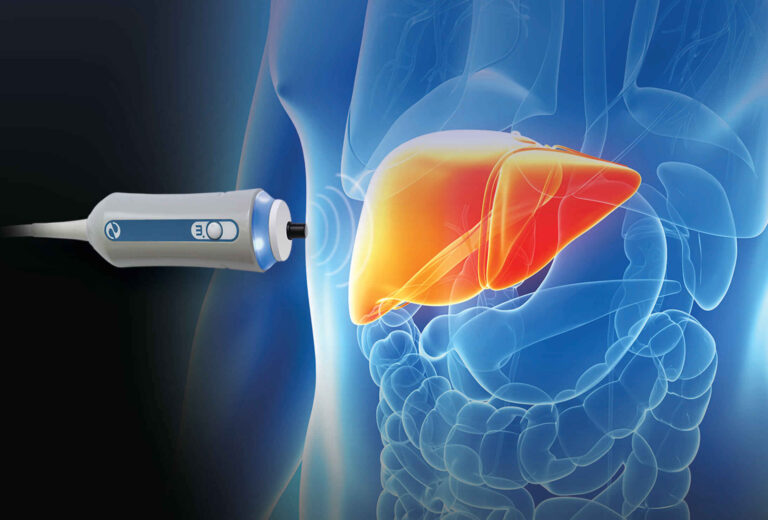Essential Resources for Metabolic Research Labs
Innovation and precision are paramount in metabolic research. Scientists and researchers rely on cutting-edge tools and resources to unlock the secrets of metabolic processes and their impact on health and disease. Every component is critical in advancing our understanding of metabolism, from sophisticated data analysis software to safety and compliance. This article delves into the crucial resources that fuel groundbreaking studies in metabolic research labs.
Software and Data Analysis Tools in Metabolic Research
Data analysis is a cornerstone of metabolic research, necessitating sophisticated software for complex datasets. Bioinformatics tools allow researchers to grapple with the vast genetic data associated with metabolic pathways. Computational modeling software provides valuable simulations, enabling virtual experiments that guide and complement benchwork.
Statistical software analyzes experimental outcomes, helping researchers identify significant patterns and correlations. These programs must be capable of robust data processing to validate results, often utilizing machine learning algorithms to predict metabolic phenotypes based on genetic markers.
Effective network monitoring tools are also integral to ensuring that digital resources used for analysis are consistently available and secure. This prevents data loss and supports the high-throughput data analysis essential in modern metabolic research, where large amounts of experimental data are generated daily.
From the rudimentary spreadsheet software to the most advanced genome analysis platforms, the right set of digital tools empowers researchers to dissect complex metabolic data. This capability translates to a deeper understanding of metabolic diseases and paves the way for new therapeutic strategies.
Key Reagents and Chemicals for Metabolic Experiments
Reagents and chemicals are the building blocks of metabolic research at the molecular level. Enzymes, substrates, inhibitors, and buffer solutions are routinely used to manipulate and study biological pathways. High-purity solvents and reagents ensure that the biochemical reactions under investigation are not compromised by contaminants.
Some metabolic studies focus on hormone interactions, necessitating synthesized hormones or analogs. These compounds can trigger or block specific pathways, providing insights into how bodies regulate metabolism. Radioisotopes are often employed in tracer studies to follow the path of certain molecules through a system.
One notable advancement in metabolic research is using peptides, such as Tirzepatide 5mg, in experimental models to understand the regulation of glucose metabolism and appetite. These specialized compounds have opened new avenues for exploring metabolic diseases and developing targeted therapies.
In addition to these resources, labs also require a range of standard biological materials, including various cell lines and animal models. These biological systems are essential for observing living organisms’ metabolic functions and testing potential treatments in a controlled environment.
Metabolic Research Lab Safety and Compliance Guidelines
Lab safety is paramount, and metabolic research is no exception. Researchers must adhere to rigorous safety protocols to safely handle biological specimens, hazardous chemicals, and equipment. Regular training on laboratory safety is crucial to prevent accidents and ensure a secure research environment.
In addition to basic lab safety, compliance with ethical guidelines and regulations is obligatory. This encompasses proper care and use of animal models and ethical considerations for clinical trials. Biosecurity measures are also critical to prevent misuse of biological materials with potential dual-use concerns.
Moreover, labs must follow specific protocols for waste disposal, particularly for hazardous chemicals and biocontaminated materials. Failure to do so can have serious environmental and health consequences. Proper documentation and adherence to local, national, and international guidelines ensure the responsible conduct of research.
Stringent safety practices and compliance protect research personnel and bolster the credibility and reproducibility of the science produced. Ethical considerations are integral to public trust in research findings, something that cannot be overvalued in the quest for scientific progress.
Collaborative Platforms and Journals for Metabolic Research Community Engagement
Collaboration and knowledge-sharing are pivotal in advancing metabolic research. Digital platforms and specialized journals allow researchers to disseminate their findings and engage with the global community. Virtual conferences and webinars enhance this connectivity, allowing for the exchange of ideas across geographical barriers.
Peer-reviewed journals on metabolism, endocrinology, and related fields are critical for sharing validated research. These publications set the standard for scientific rigor and ensure that experiments contribute constructively to the existing body of knowledge. Open-access options broaden the reach, making research accessible to a wider audience.
Collaborative platforms such as research consortia and partnerships between academia and industry foster interdisciplinary approaches. These collaborations can accelerate the translation of fundamental research into clinical applications, rapidly bringing potential therapies from the lab bench to the bedside.
Overall, the multifaceted nature of metabolic research demands a synergistic integration of cutting-edge tools, stringent safety protocols, and collaborative engagement for impactful discoveries. By harnessing innovative resources, ensuring safety and compliance, and fostering community collaboration, metabolic research unveils biological systems’ intricacies, paving the way for novel therapeutic interventions.






